gatheringbones
62K posts
30’s backwoods dyke, white, best not to engage, block #currently reading
Don't wanna be here? Send us removal request.
Text
if I try the brat thing on c it backfires every time: either she lifts an eyebrow and completely pulls away and goes grey rock and I die a thousand deaths of loneliness and despair or she manhandles me into complete surrender and swats the sass out of me.
I grew up around huffy insecure tops who would spiral into hysterics if they thought you didn’t see them as some All Powerful Dominant and it left me with a personality that is hmmn. bratty and Bad. but catch me in a room with a top who knows and likes who they are and doesn’t give a fuck about proving it to you and i’ll be eating out of their hand in seconds.
42 notes
·
View notes
Text
I grew up around huffy insecure tops who would spiral into hysterics if they thought you didn’t see them as some All Powerful Dominant and it left me with a personality that is hmmn. bratty and Bad. but catch me in a room with a top who knows and likes who they are and doesn’t give a fuck about proving it to you and i’ll be eating out of their hand in seconds.
42 notes
·
View notes
Text
i don’t really care if an emmy nomination happened to your favorite actor it should have happened to jacob anderson instead
2K notes
·
View notes
Text
I really was a mixture of Toby paranormal activity and the invisible servants from beauty and the beast.
on the one hand I served the role of some angry inhuman unknowable creature of unfathomable horrors, and on the other I did seem to make sure the bathroom stayed clean.
101 notes
·
View notes
Text
Just to be clear
I don’t want to get out
without a broken heart.
I intend to leave this life
so shattered
there’s gonna have to be
a thousand separate heavens
for all of my flying parts.
- Andrea Gibson
157 notes
·
View notes
Note
i read your blog like a morning newspaper and found out about andrea gibson’s passing that way. on one of the hardest days of my life, i saw andrea and their wife at a rest stop in the middle of ohio. i didn’t know what to do but wave and almost hope they didn’t see. but they did, and their smile carried me through that nightmare week.
four of their ex-girlfriends in the room with them as they went! a real one!
32 notes
·
View notes
Text
the honeymoon phase dying is a lie straight people started to console each other over never finding partners who actually like them.
239 notes
·
View notes
Text

progress

managed to snag a bunch of tiny canvases from the closing Joann Fabrics down the street, giant dyke hand for size comparison
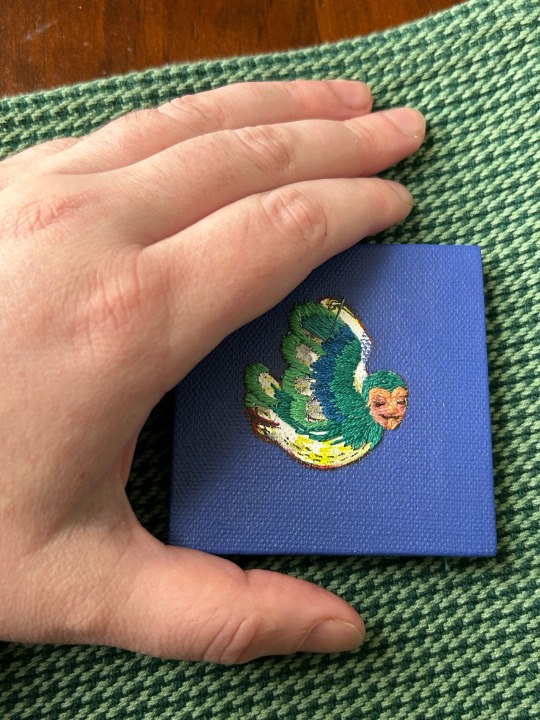
58 notes
·
View notes
Text
rednote is the only good social media because its the only one that consistently shows me lambs from xinjiang in little hats

2K notes
·
View notes
Text


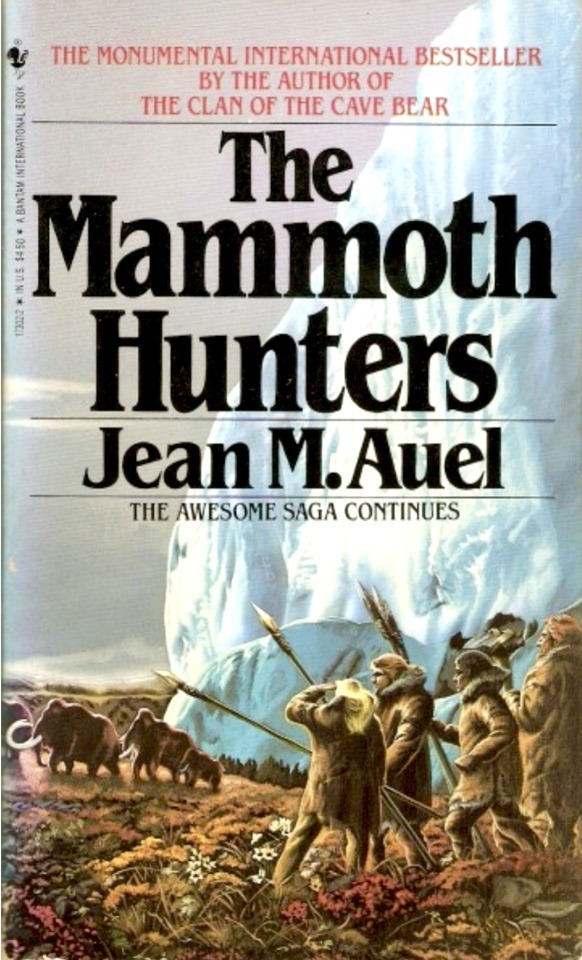
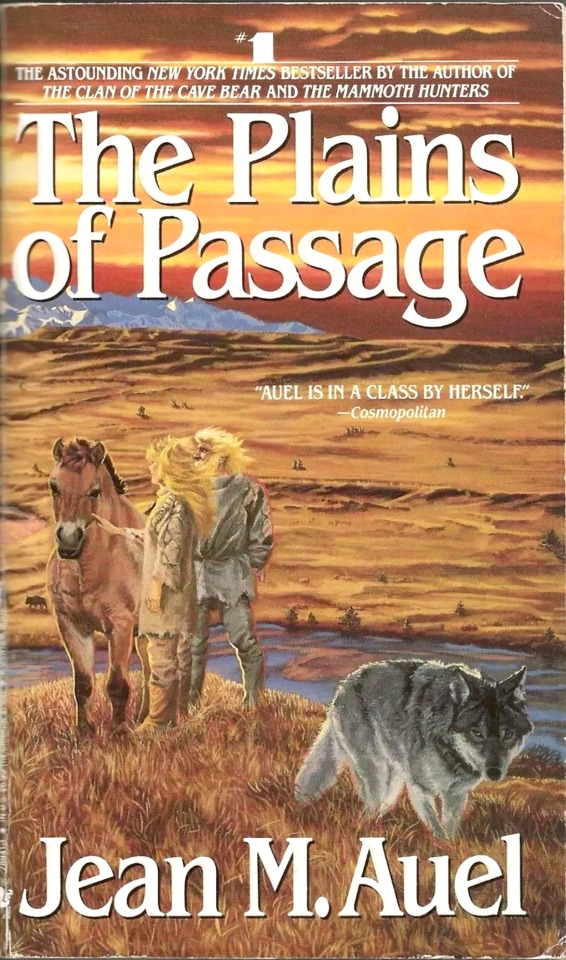
The original bestselling paperbacks of Jean Auel’s classic prehistoric saga, 1981-1991
65 notes
·
View notes
Text
god. jean auel. the entirety of her smut epic used to be in our high school library. the librarian finally took them out when I was a senior. ayla and her perfectly sized vagina.
25 notes
·
View notes
Text
Ice age woman making the first discovery of kink when she gets ambushed while out hunting by a woman from a neighboring clan who rips down her thick animal hide coat and hold a stone knife to her exposed chest saying in a language that she understands some but not all of the words of that she will skin her like an elk and she without thinking hits her with the 🥺 face
#this is making me think about stealing my sister’s high school library copy of valley of the horses by jean aul#and reading it in the horse pasture behind the house
7K notes
·
View notes
Text

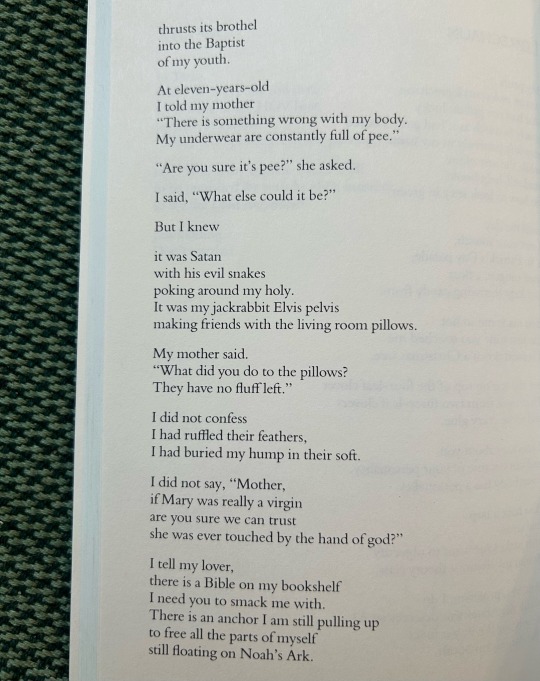
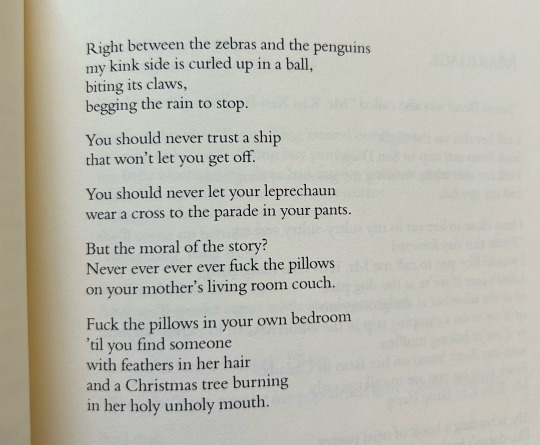
andrea gibson, leprechaun
36 notes
·
View notes
Text
"unalive" should just mean the opposite of undead. if undead means a dead thing thats alive, unalive shuld mean an alive things thats dead. no i dont have any examples. ☝️yet
122K notes
·
View notes
Text
I'm a Buddhist Inverse Solipsist. I believe that I am the only guy still in samsara, and all of reality is a truman-show-like act by billions of bodhisattvas who are just humoring me.
26K notes
·
View notes

